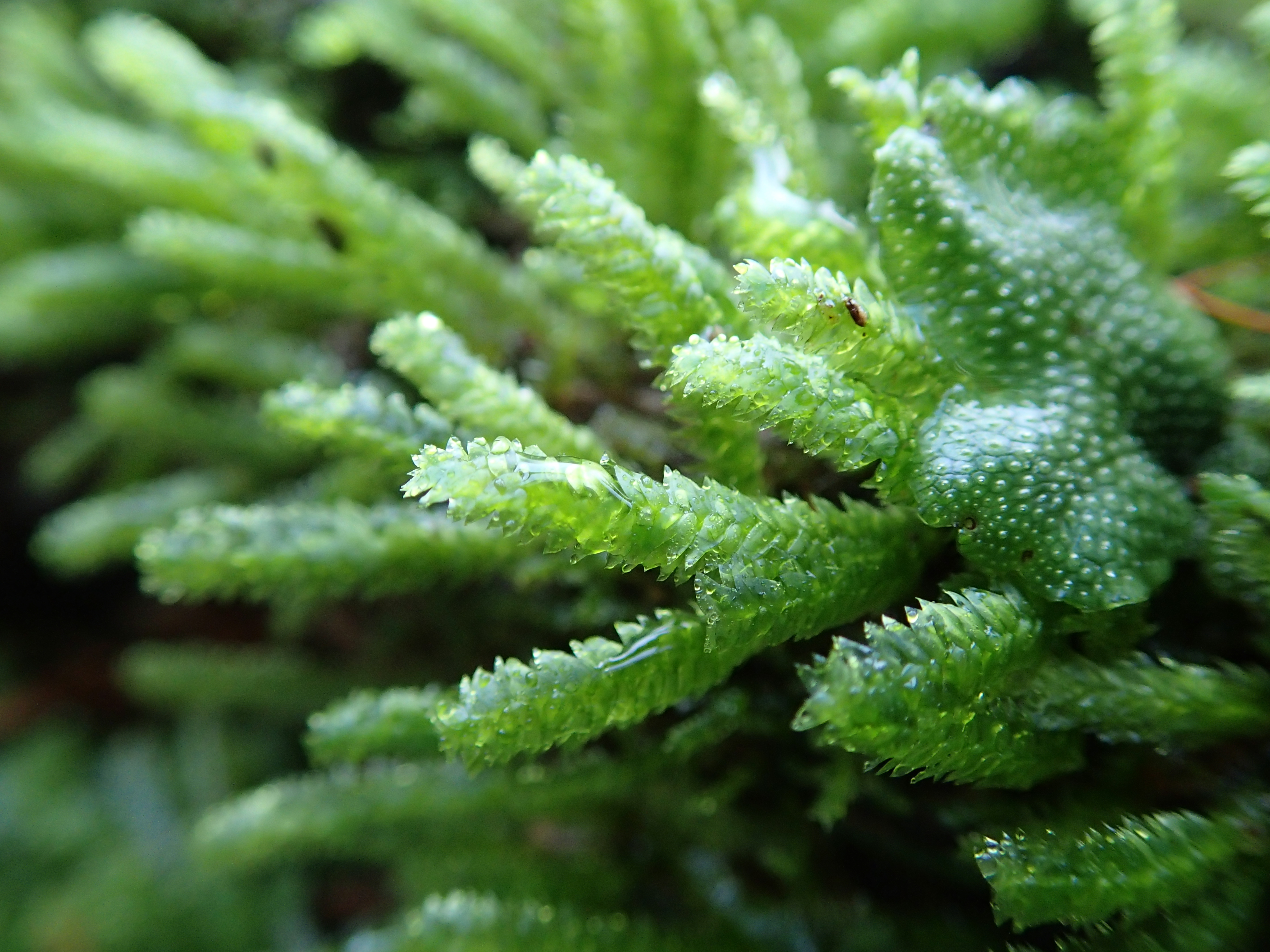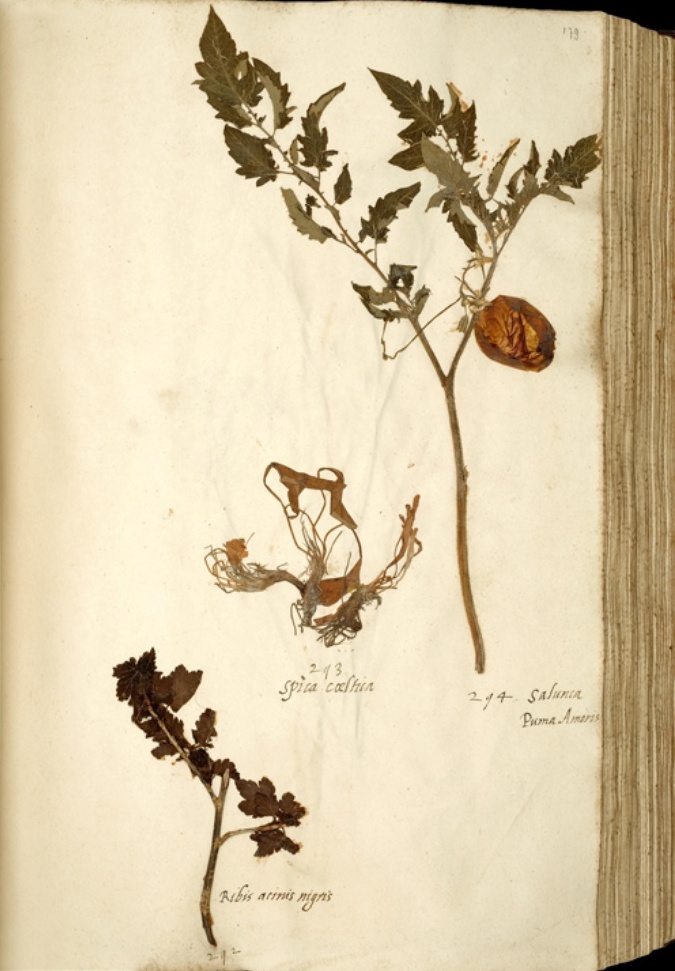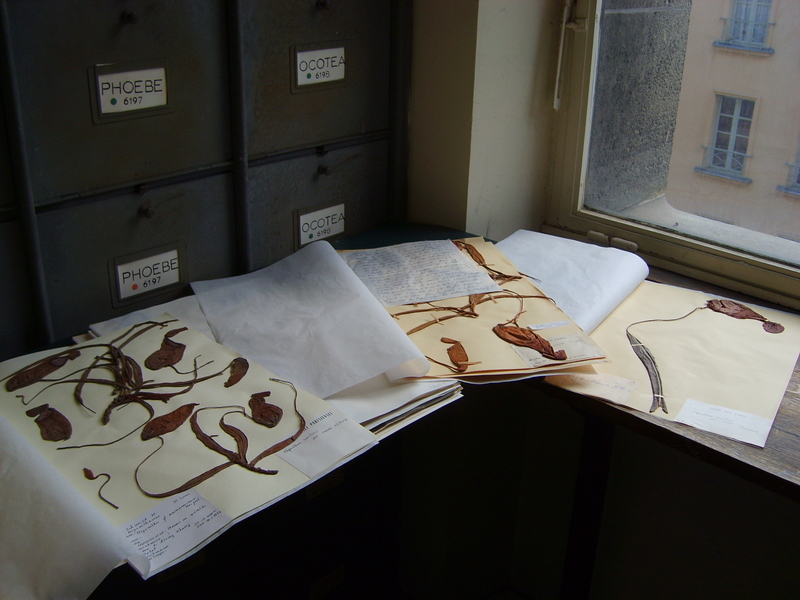|
British Bryological Society
The British Bryological Society is an academic society dedicated to bryology, which encourages the study of bryophytes (mosses, liverworts and hornworts). It publishes the peer-reviewed ''Journal of Bryology''. History The Society developed from the Moss Exchange Club founded in 1896 by Coslett Herbert Waddell who was Secretary of the club until 1903. It was therefore the first bryological society in the world. Its aim was to provide communication between those interested in bryophytes so they could build up collections of correctly identified specimens. The Club produced printed reports and compiled records of bryophyte distributions by vice-county, and members exchanged information by letter, but the Club did not hold meetings. Over the years, several updated lists of the moss flora were produced. Members focused on the British Isles, although several were interested in bryophytes of other countries. A proposal for a formal 'Foreign Section' in 1901 was unsuccessful. In 1903 Wil ... [...More Info...] [...Related Items...] OR: [Wikipedia] [Google] [Baidu] |
Learned Society
A learned society (; also learned academy, scholarly society, or academic association) is an organization that exists to promote an academic discipline, profession, or a group of related disciplines such as the arts and science. Membership may be open to all, may require possession of some qualification, or may be an honour conferred by election. Most learned societies are non-profit organizations, and many are professional associations. Their activities typically include holding regular conferences for the presentation and discussion of new research results and publishing or sponsoring academic journals in their discipline. Some also act as professional bodies, regulating the activities of their members in the public interest or the collective interest of the membership. History Some of the oldest learned societies are the Académie des Jeux floraux (founded 1323), the Sodalitas Litterarum Vistulana (founded 1488), the Accademia della Crusca (founded 1583), the Accadem ... [...More Info...] [...Related Items...] OR: [Wikipedia] [Google] [Baidu] |
Martha Elizabeth Newton
Martha Elizabeth Newton (11 November 1941 - 4 January 2020) was a British bryologist and botanist, specialising in cytology and field surveying. Early life and education Newton was born in 1941 at her family's Lumm Farm, Littlemoss, Limehurst in Lancashire. She had one sister. She attended Littlemoss School and then Hyde County Grammar School for a year before transferring to the new Astley County Grammar School. She became interested in natural history as a child and her interest was encouraged by her parents. Newton attended University of Manchester and graduated in 1964 with a BSc, having specialised in botany and zoology. She was awarded a PhD by the University of Wales in 1967. Academic career Her first academic post in 1964 was as a research assistant at University College of North Wales, Bangor with Tony (AJE) Smith. From 1967 until 1973 she worked for the British Antarctic Survey, then briefly on the chromosomes of mosquito (''Aedes aegypti''). From 1976 she held sho ... [...More Info...] [...Related Items...] OR: [Wikipedia] [Google] [Baidu] |
Scientific Organisations Based In The United Kingdom
Science is a systematic endeavor that builds and organizes knowledge in the form of testable explanations and predictions about the universe. Science may be as old as the human species, and some of the earliest archeological evidence for scientific reasoning is tens of thousands of years old. The earliest written records in the history of science come from Ancient Egypt and Mesopotamia in around 3000 to 1200 BCE. Their contributions to mathematics, astronomy, and medicine entered and shaped Greek natural philosophy of classical antiquity, whereby formal attempts were made to provide explanations of events in the physical world based on natural causes. After the fall of the Western Roman Empire, knowledge of Greek conceptions of the world deteriorated in Western Europe during the early centuries (400 to 1000 CE) of the Middle Ages, but was preserved in the Muslim world during the Islamic Golden Age and later by the efforts of Byzantine Greek scholars who brought Greek ma ... [...More Info...] [...Related Items...] OR: [Wikipedia] [Google] [Baidu] |
Bryology
Bryology (from Greek , a moss, a liverwort) is the branch of botany concerned with the scientific study of bryophytes (mosses, liverworts, and hornworts). Bryologists are people who have an active interest in observing, recording, classifying or researching bryophytes. The field is often studied along with lichenology due to the similar appearance and ecological niche of the two organisms, even though bryophytes and lichens are not classified in the same kingdom. History Bryophytes were first studied in detail in the 18th century. The German botanist Johann Jacob Dillenius (1687–1747) was a professor at Oxford and in 1717 produced the work "Reproduction of the ferns and mosses." The beginning of bryology really belongs to the work of Johannes Hedwig, who clarified the reproductive system of mosses (1792, ''Fundamentum historiae naturalist muscorum'') and arranged a taxonomy. Research Areas of research include bryophyte taxonomy, bryophytes as bioindicators, DNA s ... [...More Info...] [...Related Items...] OR: [Wikipedia] [Google] [Baidu] |
1896 Establishments In The United Kingdom
Events January–March * January 2 – The Jameson Raid comes to an end, as Jameson surrenders to the Boers. * January 4 – Utah is admitted as the 45th U.S. state. * January 5 – An Austrian newspaper reports that Wilhelm Röntgen has discovered a type of radiation (later known as X-rays). * January 6 – Cecil Rhodes is forced to resign as Prime Minister of the Cape of Good Hope, for his involvement in the Jameson Raid. * January 7 – American culinary expert Fannie Farmer publishes her first cookbook. * January 12 – H. L. Smith takes the first X-ray photograph. * January 17 – Fourth Anglo-Ashanti War: British redcoats enter the Ashanti capital, Kumasi, and Asantehene Agyeman Prempeh I is deposed. * January 18 – The X-ray machine is exhibited for the first time. * January 28 – Walter Arnold, of East Peckham, Kent, England, is fined 1 shilling for speeding at (exceeding the contemporary speed limit of , the firs ... [...More Info...] [...Related Items...] OR: [Wikipedia] [Google] [Baidu] |
Learned Societies Of The United Kingdom
Learning is the process of acquiring new understanding, knowledge, behaviors, skills, values, attitudes, and preferences. The ability to learn is possessed by humans, animals, and some machines; there is also evidence for some kind of learning in certain plants. Some learning is immediate, induced by a single event (e.g. being burned by a hot stove), but much skill and knowledge accumulate from repeated experiences. The changes induced by learning often last a lifetime, and it is hard to distinguish learned material that seems to be "lost" from that which cannot be retrieved. Human learning starts at birth (it might even start before in terms of an embryo's need for both interaction with, and freedom within its environment within the womb.) and continues until death as a consequence of ongoing interactions between people and their environment. The nature and processes involved in learning are studied in many established fields (including educational psychology, neuropsyc ... [...More Info...] [...Related Items...] OR: [Wikipedia] [Google] [Baidu] |
Scientific Organizations Established In 1896
Science is a systematic endeavor that builds and organizes knowledge in the form of testable explanations and predictions about the universe. Science may be as old as the human species, and some of the earliest archeological evidence for scientific reasoning is tens of thousands of years old. The earliest written records in the history of science come from Ancient Egypt and Mesopotamia in around 3000 to 1200 BCE. Their contributions to mathematics, astronomy, and medicine entered and shaped Greek natural philosophy of classical antiquity, whereby formal attempts were made to provide explanations of events in the physical world based on natural causes. After the fall of the Western Roman Empire, knowledge of Greek conceptions of the world deteriorated in Western Europe during the early centuries (400 to 1000 CE) of the Middle Ages, but was preserved in the Muslim world during the Islamic Golden Age and later by the efforts of Byzantine Greek scholars who brought Greek man ... [...More Info...] [...Related Items...] OR: [Wikipedia] [Google] [Baidu] |
British Biology Societies
British may refer to: Peoples, culture, and language * British people, nationals or natives of the United Kingdom, British Overseas Territories, and Crown Dependencies. ** Britishness, the British identity and common culture * British English, the English language as spoken and written in the United Kingdom or, more broadly, throughout the British Isles * Celtic Britons, an ancient ethno-linguistic group * Brittonic languages, a branch of the Insular Celtic language family (formerly called British) ** Common Brittonic, an ancient language Other uses *'' Brit(ish)'', a 2018 memoir by Afua Hirsch *People or things associated with: ** Great Britain, an island ** United Kingdom, a sovereign state ** Kingdom of Great Britain (1707–1800) ** United Kingdom of Great Britain and Ireland (1801–1922) See also * Terminology of the British Isles * Alternative names for the British * English (other) * Britannic (other) * British Isles * Brit (other) * Br ... [...More Info...] [...Related Items...] OR: [Wikipedia] [Google] [Baidu] |
National Museum Cardiff
National Museum Cardiff ( cy, Amgueddfa Genedlaethol Caerdydd) is a museum and art gallery in Cardiff, Wales. The museum is part of the wider network of Amgueddfa Cymru – National Museum Wales. Entry is kept free by a grant from the Welsh Government; however, they do ask for donations throughout the museum. History The National Museum of Wales was founded in 1905, with its royal charter granted in 1907. Part of the bid for Cardiff to obtain the National Museum for Wales included the gift of the Cardiff Museum Collection, then known as "Welsh Museum of Natural History, Archaeology and Art," which was formally handed over in 1912. The Cardiff Museum was sharing the building of Cardiff Library, and was a sub-department of the library until 1893. Construction of a new building in the civic complex of Cathays Park began in 1912, but owing to the First World War it did not open to the public until 1922, with the official opening taking place in 1927. The architects were Arnold D ... [...More Info...] [...Related Items...] OR: [Wikipedia] [Google] [Baidu] |
Plant Collecting
Plant collecting is the acquisition of plant specimens for the purposes of research, cultivation, or as a hobby. Plant specimens may be kept alive, but are more commonly dried and pressed to preserve the quality of the specimen. Plant collecting is an ancient practice with records of a Chinese botanist collecting roses over 5000 years ago. Herbaria are collections of preserved plants samples and their associated data for scientific purposes. The largest herbarium in the world exist at the Muséum National d'Histoire Naturelle, in Paris, France. Plant samples in herbaria typically include a reference sheet with information about the plant and details of collection. This detailed and organized system of filing provides horticulturist and other researchers alike with a way to find information about a certain plant, and a way to add new information to an existing plant sample file. The collection of live plant specimens from the wild, sometimes referred to as plant hunting, is an act ... [...More Info...] [...Related Items...] OR: [Wikipedia] [Google] [Baidu] |
Natural History Museum, London
The Natural History Museum in London is a museum that exhibits a vast range of specimens from various segments of natural history. It is one of three major museums on Exhibition Road in South Kensington, the others being the Science Museum and the Victoria and Albert Museum. The Natural History Museum's main frontage, however, is on Cromwell Road. The museum is home to life and earth science specimens comprising some 80 million items within five main collections: botany, entomology, mineralogy, palaeontology and zoology. The museum is a centre of research specialising in taxonomy, identification and conservation. Given the age of the institution, many of the collections have great historical as well as scientific value, such as specimens collected by Charles Darwin. The museum is particularly famous for its exhibition of dinosaur skeletons and ornate architecture—sometimes dubbed a ''cathedral of nature''—both exemplified by the large ''Diplodocus'' cast that ... [...More Info...] [...Related Items...] OR: [Wikipedia] [Google] [Baidu] |
Herbarium
A herbarium (plural: herbaria) is a collection of preserved plant specimens and associated data used for scientific study. The specimens may be whole plants or plant parts; these will usually be in dried form mounted on a sheet of paper (called '' exsiccatum'', plur. ''exsiccata'') but, depending upon the material, may also be stored in boxes or kept in alcohol or other preservative. The specimens in a herbarium are often used as reference material in describing plant taxa; some specimens may be types, some may be specimens distributed in series called exsiccatae. The same term is often used in mycology to describe an equivalent collection of preserved fungi, otherwise known as a fungarium. A xylarium is a herbarium specialising in specimens of wood. The term hortorium (as in the Liberty Hyde Bailey Hortorium) has occasionally been applied to a herbarium specialising in preserving material of horticultural origin. History The making of herbaria is an ancient phenome ... [...More Info...] [...Related Items...] OR: [Wikipedia] [Google] [Baidu] |



.jpg)




